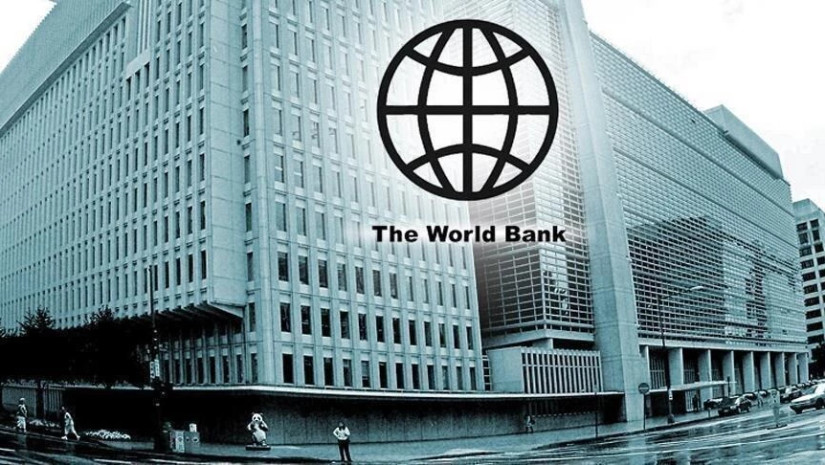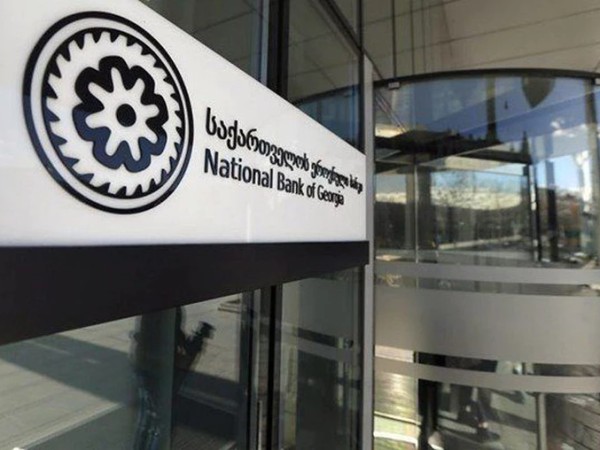The World Bank published Georgian Monthly Economic Update. According to the document, the economy grew by 10.3% yoy in August. This was faster than in July, and, cumulatively, in the year-to August, growth is estimated at 12% yoy. Excepting construction and mining, which registered contractions, all sectors registered strong growth, particularly financial sector, manufacturing, trade, energy, transport and tourism. Domestic demand continued to grow strongly, supported by government spending, robust credit growth and remittance inflows. Net exports acted as a drag on growth, as strong import growth (26.1% yoy) offset a robust export performance (15.7% yoy).
COVID-19 infections are high and recently picked up, while the pace of vaccination moderated. Infections fell from the peak of close to 6,000 daily infections in mid-August to an average of 2,500 in September; but have since increased. Test positivity rate declined from 8 percent in mid-September to 6 percent in early October. The pace of vaccination fell sharply from 25,000 vaccines per day in August to below 10,000 vaccines per day in the second half of September. As of October 11, only 31 percent of adult population was fully immunized.
Inflation moderated slightly but remained at high levels in September. Inflation fell from 12.8 percent yoy in August to 12.3 percent yoy in September. Food product prices increased by 15 percent yoy contributing 5 percentage points (ppt) to overall inflation.
Transport, utilities and healthcare together accounted for close to 5 ppt of overall inflation. Pass-through from the earlier depreciation of the lari and a sharp increase in global prices also contributed to the high inflation. Core inflation, excluding food, alcohol, transport and administrative prices, fell by 0.4 ppt to 6.3 percent in September. Following a 50 basis point increase in the monetary policy rate in August, the National Bank of Georgia (NBG) kept it steady at 10% in September.
The current account deficit narrowed as the deterioration in goods trade balance was offset by recovery in tourism and resilient transfers. The current account deficit narrowed by 8.4% yoy in Q2, 2021, as the goods trade deficit was offset by robust rebound in service inflows, particularly from tourism, and continued strength in remittances. The goods trade deficit continued to widen in Q3, 2021. The deficit deteriorated by 32 percent yoy in September, as strong performance in exports (12.8% yoy), particularly from copper exports, was offset by the pick-up in imports (23.4% yoy). On the other hand, improvements in tourism and transfers appears to have been sustained.
The lari remained relatively stable in September and early October. Improvements in the external balance helped the stability of the lari. In addition, interventions by the NBG, which sold $30 million from its reserves in August and $60 million in late-September, ensured that the election-related uncertainty did not translate into larger volatility of the lari. Reserves remained comfortable, and at USD 4.1 billion as of end-September, provided 5.4 months of goods import cover.
Credit portfolio grew robustly in September. Credit growth picked up to 15% yoy in September from 14.2% yoy in August. Lari loans grew strongly at 26 percent yoy, while foreign currency lending increased by 6% yoy with higher lending to corporates. The share of non-performing loans remained low, at 2.4 percent in September, though some sectors such as construction could to be more affected.
Deposit growth moderated from 13.6 percent yoy in August to 12% yoy in September. Banking sector profits remained positive in August, with the return on assets (ROA) reaching 3.9 percent and return on equity (ROE) at record high levels (34.1%). The fiscal balance improved in August 2021 driven by a strong revenue performance. Tax collections increased by 39% yoy in August, driven by income tax collections (up by 137 percent yoy) and VAT (up by 29 percent yoy). Rising public expenditures, including COVID19 response measures, only partially offset the revenue performance and the deficit narrowed by 0.5 percentage points in August. Cumulatively, by end-August, the fiscal deficit reached 4.2% of GDP as compared to the annual target of 7.6% of GDP. Public debt fell to 53% of GDP in August, as compared to 62% as of end-2020. The first draft of the 2022 Budget law was submitted to the parliament in October. It envisages a deficit of 4.8% of GDP as continued robust revenues (mostly VAT and profit tax) and cuts in COVID-19 related spending are expected to offset spending increases from pensions, in line with the new pension indexation rule, and higher teacher salaries.
On October 2, the citizens of Georgia voted to elect municipal authorities. According to preliminary results, the ruling Georgian Dream party secured a lead in most local councils. Some cities, including Tbilisi, will hold a runoff scheduled for October 30th.















